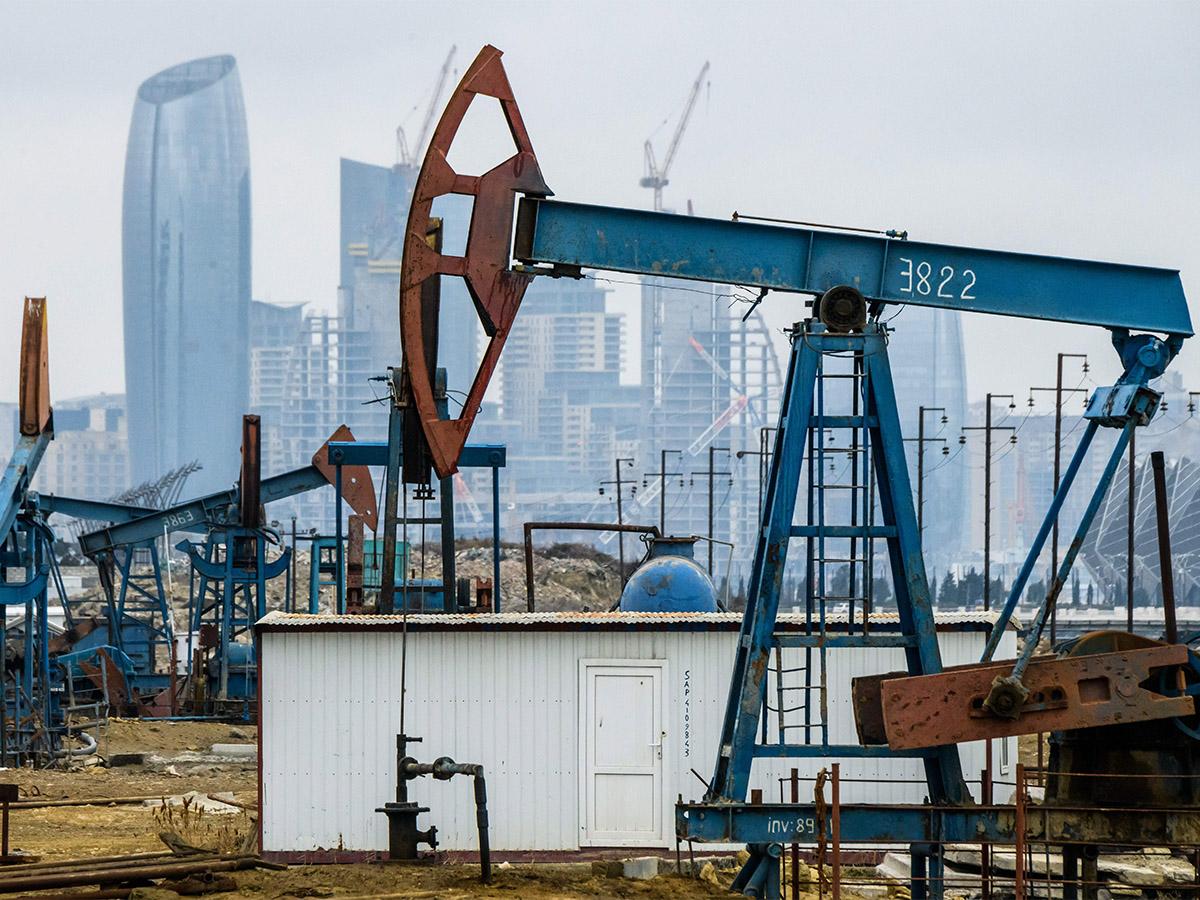BP and Shell’s share prices have fallen significantly in 2019. Can an agreement between OPEC and its allies to cut production help trigger a rebound for the British oil companies in 2020?
The Organization of the Petroleum Exporting Countries (OPEC) – an intergovernmental group of 14 oil-producing nations – announced on 6 December that it will cut oil production in the first quarter of 2020 to head off a perceived threat of oversupply. OPEC nations account for 40% of global oil supply and control over 80% of the world’s proven oil reserves.
“We really do see some risks of oversupply in the first quarter due to lower seasonal demand for refined products and for crude oil,” Russian energy minister Alexander Novak commented.
The cut of half a million barrels a day amounts to 1.7% of current global production and builds on cuts made in 2016 designed to support oil prices as non-OPEC members including the US, Brazil and Norway have ramped up production. It’s a situation which is expected to continue into next year as US president Donald Trump has adopted a policy of increasing US production in an attempt to drive down global prices. The US is now the world’s largest oil producer.
Falling prices
Oil prices have dived since reaching year-to-date-highs in April 2019. The announcement on of a production limit on 6 December sent prices rallying shortly after, but oil price benchmarks Brent Crude and West Texas were still trading around 15% and 12% lower than the April highs respectively.
BP [BP] and Shell [RDS-B] have not been immune to the effects of the plummeting price of oil. Like all global oil companies, their share price has fallen alongside that of oil. As of 20 December, BP was trading 17% off a year high reached in April and 18% off its 2018 high.
Shell meanwhile was trading 14.6% off a 2019 high reached in June and 18% off its 2018 high. The share price of both firms climbed on the day of the announcement, while news of the US-China “phase one” trade deal being reached also provided a small boost.
The cut in production provides a chance for a longer-term increase in oil prices, which could trigger further growth in the firms’ share prices. The move by OPEC is designed to prop up oil prices and prevent them from slipping further, rather than to trigger a rally. But OPEC’s de facto leader Saudi Arabia is undoubtedly looking for strong oil prices following the successful IPO of Saudi Aramco, its state oil company.
If this were to be true, the cuts could continue past March, and lead to the chance of a more sustained share price boost for Shell and BP. Looking longer-term, in November next year the US will go to the polls. If Trump is replaced by a Democratic candidate, then there would likely be a cut in US oil production. This would further boost prices, and prospects, for Shell and BP.
Will it last?
Longer-term development is important as history shows that production cuts, while often triggering a pop in the share price of oil companies, does not normally lead to sustained gains. More often than not, the price reverts following the news. Gains return around earnings season – when announcements illustrate the positive impact a production cut has had on prices. This is something those looking to trade a potential pop in value of Shell, BP and other oil giants should be acutely aware of.
Take the close of 2016, the last time OPEC made cuts. This was far greater that 2019’s cuts – 32.5 million barrels a day in response to oil prices that had halved since mid-2014. Like recent events, both BP and Shell received a moderate boost following the announcement of a production cut. But this began to slip in the months following. Eventually, Shell and BP experienced a sustained if not remarkable rally from the second half of the year as the effect of a boost in oil prices began to take hold.
Looking at this example, for the OPEC cuts to have a serious effect on the value of BP and Shell, the move will need to result in a solid boost in oil prices that is sufficiently high to transfer to a significant boost to the firms’ bottom lines. Signs of continued growth in oil prices in early 2020 will be an important signal, while the true effects - if any - will likely not be confirmed until BP and Shell announce their half-year results and beyond.
Disclaimer Past performance is not a reliable indicator of future results.
CMC Markets is an execution-only service provider. The material (whether or not it states any opinions) is for general information purposes only, and does not take into account your personal circumstances or objectives. Nothing in this material is (or should be considered to be) financial, investment or other advice on which reliance should be placed. No opinion given in the material constitutes a recommendation by CMC Markets or the author that any particular investment, security, transaction or investment strategy is suitable for any specific person.
The material has not been prepared in accordance with legal requirements designed to promote the independence of investment research. Although we are not specifically prevented from dealing before providing this material, we do not seek to take advantage of the material prior to its dissemination.
CMC Markets does not endorse or offer opinion on the trading strategies used by the author. Their trading strategies do not guarantee any return and CMC Markets shall not be held responsible for any loss that you may incur, either directly or indirectly, arising from any investment based on any information contained herein.
*Tax treatment depends on individual circumstances and can change or may differ in a jurisdiction other than the UK.
Continue reading for FREE
- Includes free newsletter updates, unsubscribe anytime. Privacy policy





